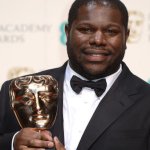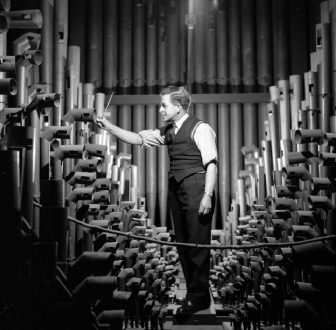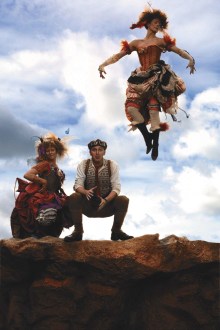In defence of the hipster
I can see one now. (They’re hard to miss.) Face the colour of mayonnaise, Gameboy dangling from one ear, gerbils for shoes, an alpaca for a hat, glasses the size of a window frame. It’s what we call in the profession an arse. Don’t mock him. Hold that snigger. He may be an arse, but









